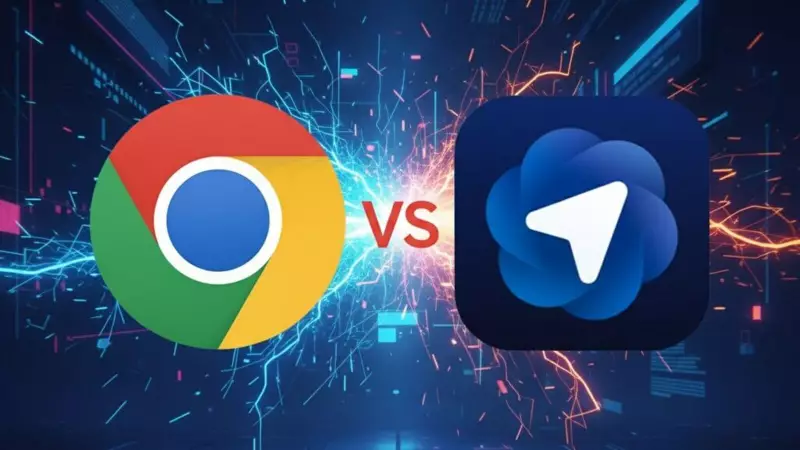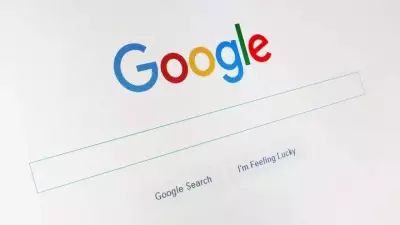
The browser wars have just gotten exponentially more interesting with OpenAI's groundbreaking entry into the market. Meet ChatGPT Atlas - the AI-powered browser that's positioning itself as a formidable challenger to Google Chrome's long-standing dominance.
The AI Revolution Comes to Web Browsing
While Google Chrome has been the undisputed king of browsers for over a decade, ChatGPT Atlas represents a paradigm shift in how we interact with the web. This isn't just another browser with slightly better performance or new features - it's a complete reimagining of the browsing experience powered by artificial intelligence.
5 Key Differences That Set ChatGPT Atlas Apart
- Native AI Integration
Unlike Chrome, which requires extensions for AI functionality, ChatGPT Atlas has artificial intelligence built directly into its core. This means seamless, instant access to AI-powered research, content creation, and problem-solving without ever leaving your browser window.
- Conversational Search Experience
Forget typing keywords and sifting through search results. ChatGPT Atlas understands natural language queries and provides comprehensive, conversational answers. It's like having a research assistant that actually understands what you're looking for.
- Intelligent Content Creation
While Chrome helps you find content, ChatGPT Atlas helps you create it. From drafting emails to generating reports and even coding, the browser becomes your creative partner rather than just a viewing tool.
- Context-Aware Browsing
The AI understands the context of your browsing session, offering relevant suggestions and assistance based on what you're actually doing. It's proactive help rather than reactive searching.
- Unified Workflow Environment
ChatGPT Atlas eliminates the need to constantly switch between browser tabs, apps, and AI tools. Everything happens in one intelligent interface, dramatically streamlining your digital workflow.
What This Means for the Future of Web Browsing
The introduction of ChatGPT Atlas marks a significant milestone in the evolution of internet browsers. We're moving from passive information retrieval to active intelligence assistance. While Google Chrome excels at traditional browsing tasks, ChatGPT Atlas is pioneering what many are calling "intelligent browsing" - where the browser doesn't just show you information but helps you understand, process, and utilize it.
Google isn't standing still, of course. The tech giant has been integrating AI features into Chrome, but the question remains: Can a traditional browser architecture compete with one built from the ground up for AI?
The Verdict: Complementary or Competitive?
Early adopters suggest that ChatGPT Atlas isn't necessarily a Chrome replacement for everyone - at least not yet. For traditional web browsing, Chrome remains excellent. But for research-intensive tasks, content creation, and complex problem-solving, ChatGPT Atlas offers a fundamentally different and potentially more efficient approach.
The battle isn't just about features; it's about philosophy. Chrome helps you navigate the web as it exists, while ChatGPT Atlas aims to help you accomplish what you want to do on the web. As AI continues to evolve, this distinction could become the defining factor in the next generation of browser wars.
One thing is certain: the entry of ChatGPT Atlas has ignited a new chapter in browser competition that promises to benefit users with more intelligent, capable, and helpful web experiences.





